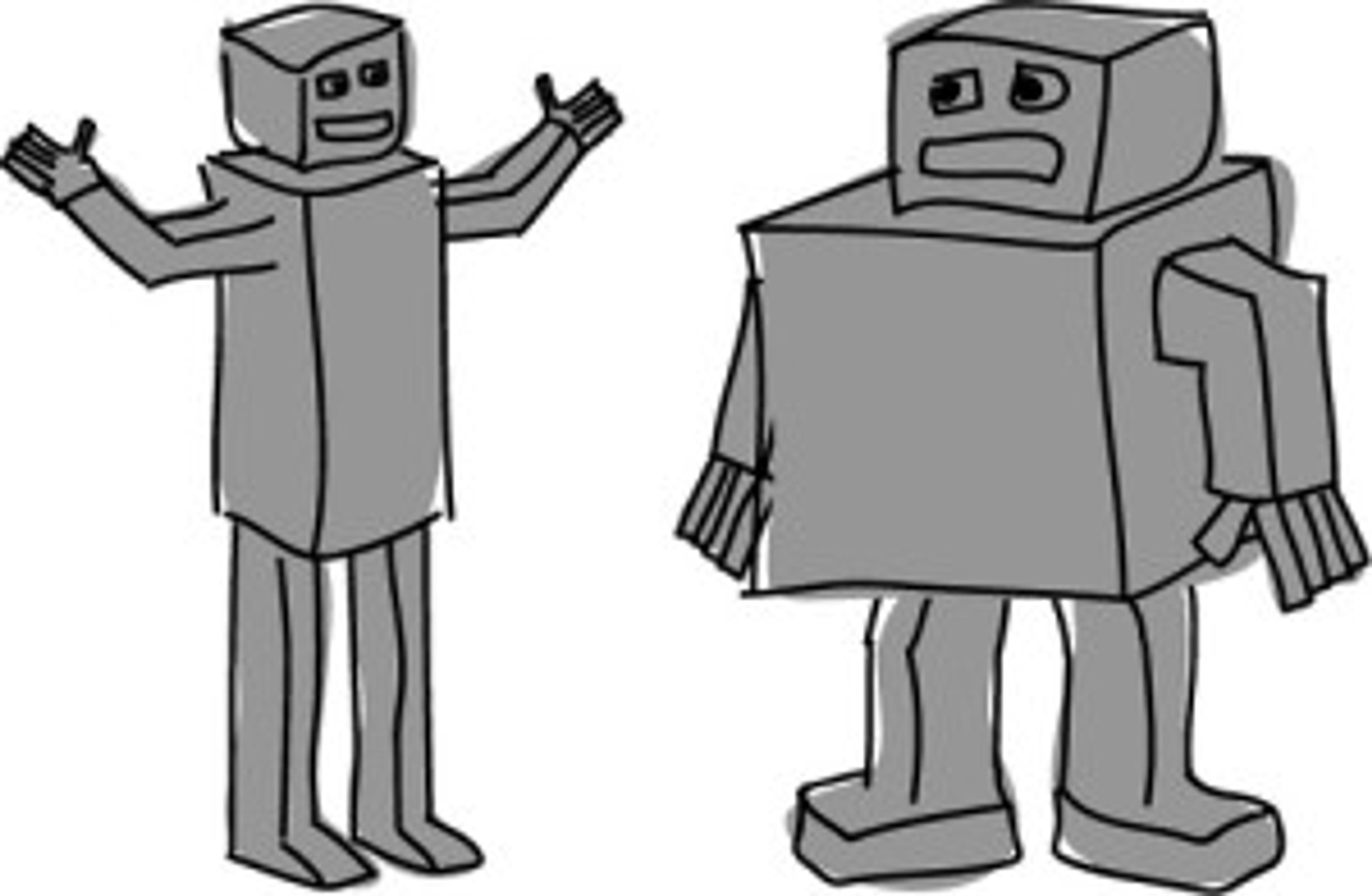Friction within a mixed-weight relationship can diminish with a supportive partner
Jodi Davis
| 3 min read

It struck a nerve with me when I heard the phrase, “mixed-weight couple” used on television the other day. A mixed-weight couple is when one partner is overweight and the other partner is not. As you can imagine, this situation can and does cause an enormous amount of friction within a relationship which can escalate over time.
Visit NBCNews.com for breaking news, world news, and news about the economy
After dealing with this for more years than I care to reveal, I can honestly say that there wasn’t a day that went by when I didn’t feel some sort of tension because of it. Did I despise that I was the overweight one in the relationship? Oh, you’d better believe I did. It surely didn’t feel very uplifting – or feminine, for that matter – knowing that I had to purchase bigger blue jeans than he did. It didn’t help that he seemed to be able to eat anything and never gain an ounce. Me? If I even looked at a piece of cake I’d gain an entire pound!
It does add strain because the overweight partner continuously over-focuses on everything they do: food choices, activities, clothing styles and socializing. My personal list didn’t end there either. Education and income levels as well as job opportunities are also affected. It felt as though everything in my life revolved around weight.
After talking with several people in similar situations, I found there seems to be several common obstacles for mixed-weight couples.
Food choices create many problems. When the overweight person in the relationship has made the decision to try to lose weight, they will buy healthier food at the grocery store. That simple act often causes the thin partner to declare, “I shouldn’t be punished for your weight problem! Don’t quit buying my favorite foods just because you have to lose weight.”
When the thin partner says: “Are you sure you should eat that? I thought you were trying to lose weight. You aren’t going to do so if you keep eating like that!” they are viewed as rude and insensitive. They may be attempting to be helpful in the partner’s weight loss goals, but it doesn’t appear that way to the overweight partner.
In fact, statements like that do not allow a partner to feel supported and will most often create anger. Those words create embarrassment too, because it almost “focuses on” lack of self-control in the food and eating department. This can lead to self-criticism by the overweight partner. And that’s what triggered an “eating for comfort” reaction for me. The dialogue I had with myself was the worst at this point as I would become upset with my ugly and fat body because I couldn’t lose weight plus hating my love for food. I knew that he was embarrassed of me when we were seen in public and that he was disgusted with me too. It’s understandable why mixed-weight couples often encounter friction.
So what is the thin partner to do if they want to help but also want to avoid angering their partner?
Make your partner feel supported and do not criticize them. Make decisions together about what foods you will be eating at home and when dining out. Try some fun physical activities, things will allow the overweight partner to feel comfortable doing. Take a walk together, build a big snowman, attempt some cross-country skiing, tie on those ice skates and support each other on the ice or find a toboggan and hit the hills!
I hope this advice helps the mixed-weight couples out there and introduce each partner to many fun activities … so life together will improve and the conflict diminishes (along with any criticism.)
Photo credit: jasoneppink





